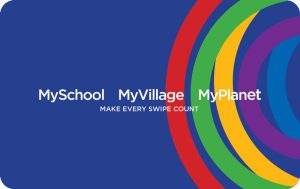THE NEED
Our basic needs perspective positions us to provide the nutritional starting block that all South Africa children should have

FOOD GARDENS
The configuration and size of food garden delivered is calculated based on the land/space available as well as the number of children that need to benefit.
Whether it be vertical growing towers that fit environments with little space or raised bed where land is available, what we deliver to projects leaves them self sufficient.
We ensure that there is access to appropriate resources as well as a dedicated person to care for the food garden at each site.

KITCHEN INFRASTRUCTURE
We build modular and up-cycle shipping containers into kitchen facilities. These units are equipped to enable project to deliver a feeding programme over the long term.
Projects are screened based on need. This means that they do not have a kitchen facility at all or the one being utilised is unsafe or unfit for purpose.

SKILLS DEVELOPMENT OVER A YEAR
As development practitioners we understand context. We know that creating sustainability means building confidence and behaviour change over time.
This is why we train project incrementally. Over a year long period seeing them through the changes in all seasons as well as challenges they encounter.

SITE VISITS AND MONITORING
Our development service involves regular site visits over the period of a year. These allow us to observe the implementation of training and trouble shoot challenges through project experience.
It also means monitoring plant growth and recording the harvest and meals that that it goes into.
ENGAGING CHILDREN
A critical part of our programme is ensuring that children benefit not only from the nutrition programme, but learn fundamental skills through engaging with the food garden. Our package includes learning apparatus for their development in two areas
1. Core Developmental Areas, building blocks for all future learning:
- Social and emotional development
- Cognitive and perceptional development
- Physical development
2. Auxiliary Learning Areas, the centre of traditional curricula:
- Language and literacy
- Numeracy
- Knowledge and skills




